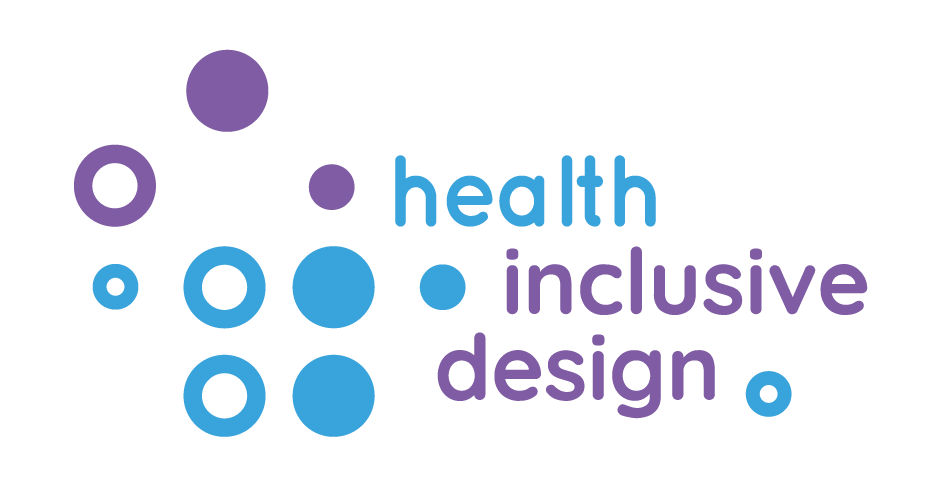
– Coach: Carlijn Valk
– Student year: FBP;Pre-master;M11;M12;
– Expert: Lu Yuan
– Client: Lu Yuan
– Research/design question: How to design an imaged based dietary monitoring tool for older adults using ChatGPT?
– Client: Lu Yuan
– Research/design question: How to design an imaged based dietary monitoring tool for older adults using ChatGPT?
– Description : There are many different technologies available to support dietary intake monitoring, ranging from paper-based self-reporting tools to sensor-based objective monitoring tools. What is then really needed when the dietary intake behavior of older adults will be monitored? They often forget they need to self-report, filling in a paper form is tedious and time-consuming, if they report they may skip some reporting, report incorrect information, or stop reporting. digital tools (apps and chatbots) were developed to replace self-reporting paper and pencil-based tools to lower the workload and make it easy to input, however, it requires still a considerable amount of effort. The recent development of LLM-based AI technologies such as ChatGPT can help to create more intelligent chatbots for dietary behavior monitoring and fit the context of use of older adults, especially, when image analysis is made available in ChatGPT. This project is interested in exploring the use of ChatGPT using the image analysis capability to lower the dietary behavior monitoring efforts by older adults. We assume that the ChatGPT. The students are encouraged to conduct the project in two phases. In the first phase, the students are expected to work from their perspective and explore the capabilities of ChatGPT in analyzing food images of their food to gain insights into their dietary intake behaviors based on a set of dietary cards, which will be made available to them. In this way, the students can evaluate to what extent ChatGPT can help in monitoring dietary behavior through image analysis with the help of the cards. In the second phase, the students are expected to create an imaged-based dietary monitoring concept using ChatGPT for older adults. They are expected to evaluate the workload and intention to use with older adults using the NASA workload questionnaire and intrinsic motivation inventory questionnaire.
Publications:
1. Liu, Y., Goevaerts, W. F., Tenbült-van Limpt, N., Kemps, H. M. C., Kop, W. J., Birk, M. V., & Lu, Y. (Accepted/In press). Exploring the usability of a chatbot-based conversational dietary assessment tool among cardiovascular patients.
2. Lucassen, D. A., Lasschuijt, M. P., Camps, G., Van Loo, E. J., Fischer, A. R. H., de Vries, R. A. J., Haarman, J. A. M., Simons, M., de Vet, E., Vos, M. B. D., Pan, S., Ren, X., de Graaf, K., Lu, Y., Feskens, E. J. M., & Brouwer-Brolsma, E. M. (2021). Short and long-term innovations on dietary behavior assessment and coaching: Present efforts and vision of the pride and prejudice consortium. International Journal of Environmental Research and Public Health, 18(15), Article 7877. https://doi.org/10.3390/ijerph18157877
2. Lucassen, D. A., Lasschuijt, M. P., Camps, G., Van Loo, E. J., Fischer, A. R. H., de Vries, R. A. J., Haarman, J. A. M., Simons, M., de Vet, E., Vos, M. B. D., Pan, S., Ren, X., de Graaf, K., Lu, Y., Feskens, E. J. M., & Brouwer-Brolsma, E. M. (2021). Short and long-term innovations on dietary behavior assessment and coaching: Present efforts and vision of the pride and prejudice consortium. International Journal of Environmental Research and Public Health, 18(15), Article 7877. https://doi.org/10.3390/ijerph18157877

